

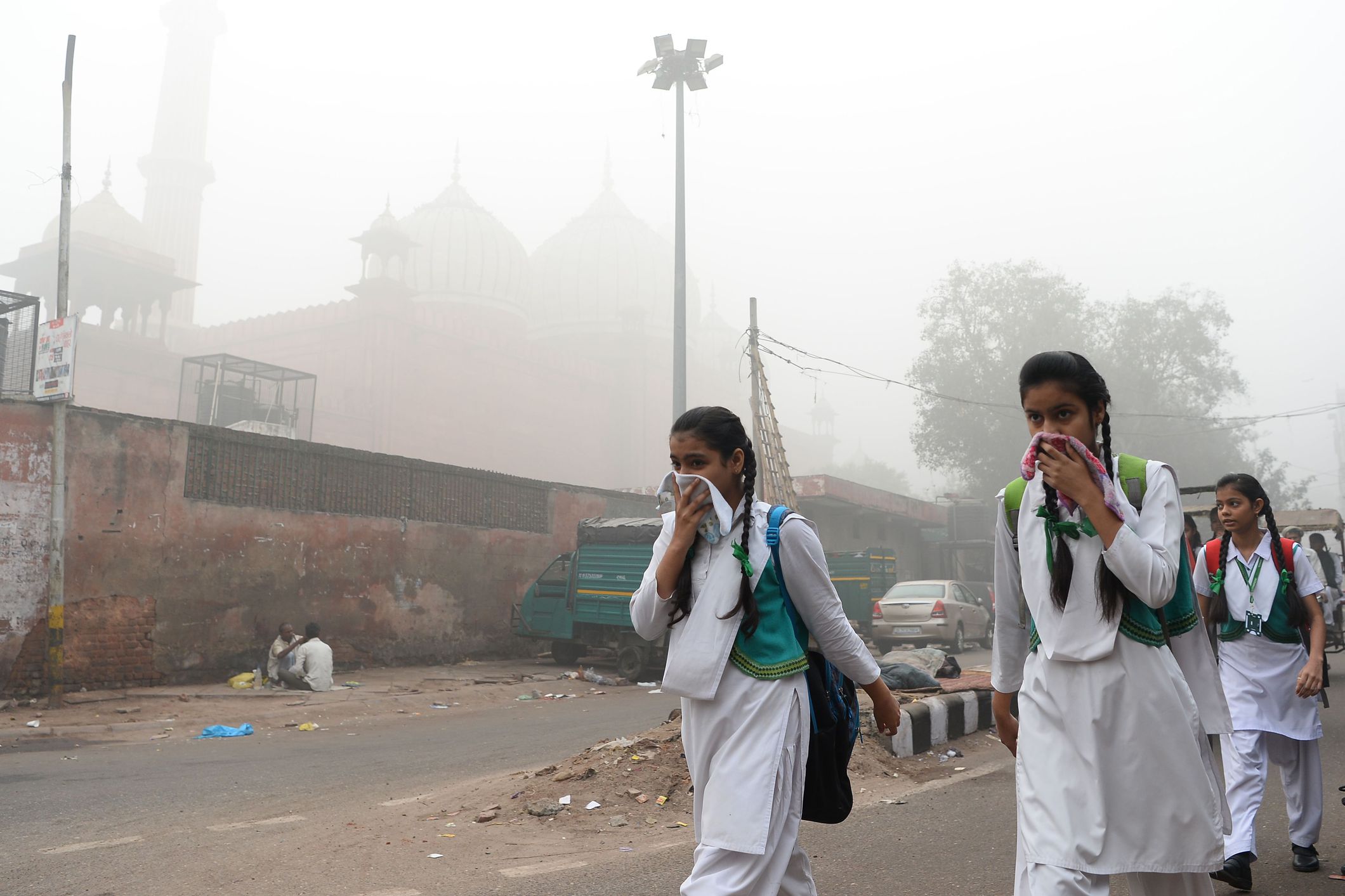
As Delhi's air quality reaches hazardous levels, Stage-IV of the Graded Response Action Plan has been activated, leading to shifts in daily routines for residents. The Commission for Air Quality Management announced that all students except for those in Classes 10 and 12 will switch to online classes until further notice. With the AQI exceeding 450, authorities are urging vulnerable groups to stay indoors and take precautions to protect their health.
Delhi's Air Quality Crisis: Stage-IV of Graded Response Action Plan Activated
As Delhi's air quality plunged to hazardous levels, Stage-IV of the Graded Response Action Plan (GRAP) has come into effect, prompting a series of measures to mitigate the severe pollution.
Background:
GRAP is a comprehensive plan adopted by the Commission for Air Quality Management (CAQM) to address extreme air pollution in the Delhi-NCR region. It consists of four stages, each triggered by specific levels of air quality index (AQI):
Stage-IV Measures:
Under Stage-IV of GRAP, the following measures have been activated:
Impact on Residents:
The activation of Stage-IV GRAP has disrupted daily routines for Delhi residents. School closures have impacted students and parents, while construction workers and truck drivers face economic setbacks. The ban on personal vehicles has led to increased traffic congestion and delays.
FAQs:
1. When will Stage-IV GRAP be lifted? Answer: The duration of Stage-IV GRAP depends on the improvement in air quality. It will be lifted when the AQI falls below 300 for at least two consecutive days.
2. What are the health risks of exposure to hazardous air quality? Answer: Prolonged exposure to hazardous air pollution can cause respiratory problems, cardiovascular diseases, eye irritation, and skin conditions.
3. What measures can individuals take to protect themselves? Answer: Residents should wear masks when outdoors, stay indoors as much as possible, avoid strenuous activities, and consult a doctor if experiencing any symptoms.
4. What are the long-term solutions to Delhi's air pollution problem? Answer: Long-term solutions include transitioning to cleaner fuels, promoting public transport, reducing industrial emissions, and increasing green spaces.
5. What previous events have led to the activation of Stage-IV GRAP? Answer: Stage-IV GRAP has been activated in the past during severe air pollution episodes in 2019, 2020, and 2021.

A Roman Catholic priest named Christopher Lee was stabbed inside a church in Singapore by a Singaporean attacker. The priest was in stable condition and the attacker has been arrested. Despite the rarity of violent crimes in Singapore, Prime Minister Lawrence Wong expressed shock and sadness over the incident and reminded that violence has no place in the city. Preliminary investigations suggest that the attack was not an act of terrorism and the suspect, a 37-year-old Christian from the local Sinhalese community, acted alone. Masses at the church will continue as scheduled despite the incident.
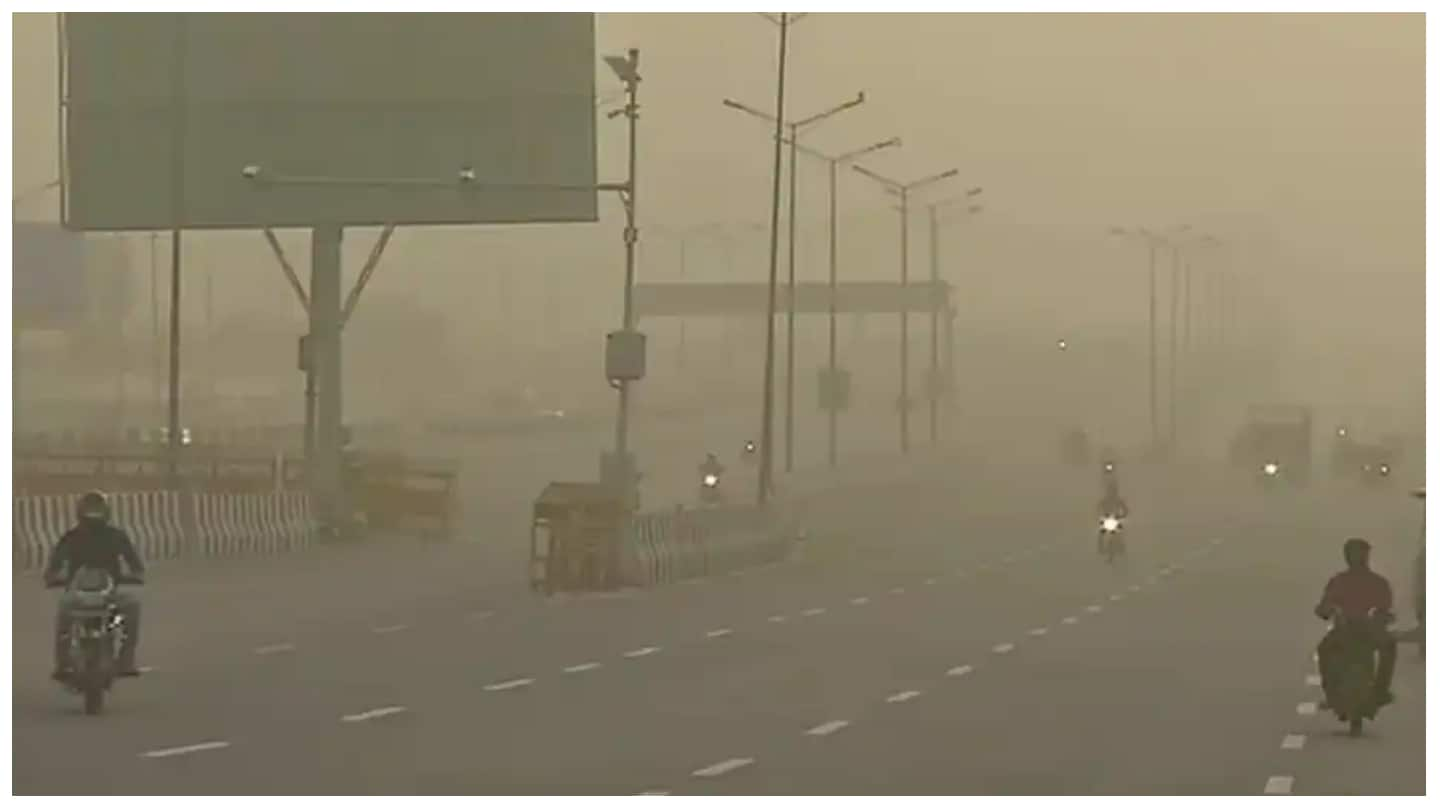
Delhi experienced a cold and breezy evening on Thursday, accompanied by dense fog that resulted in low visibility and added to the chill in the air. The city recorded its second-lowest daytime temperature of the season at 29.4 degrees Celsius. According to the India Meteorological Department (IMD), the maximum temperature on Wednesday was the lowest of the winter season so far. Visibility was also significantly affected, measuring at 200 metres at Safdarjung and Palam.
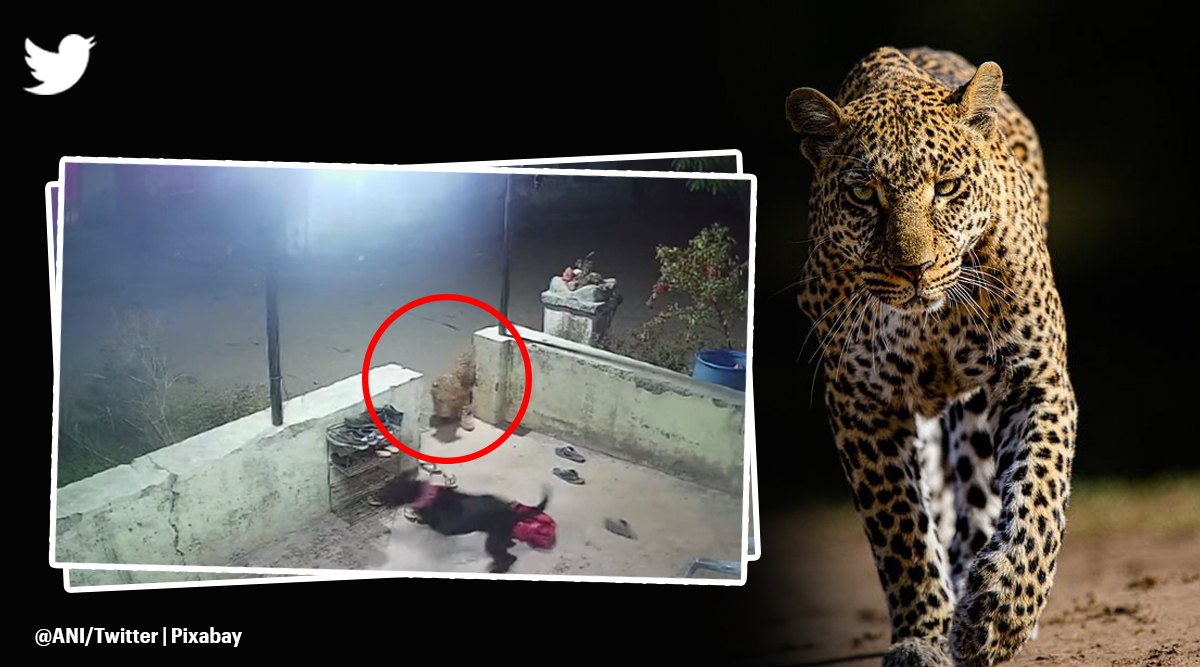
A CCTV footage from Rajasthan's Mount Abu capturing a leopard attacking a pet dog has gone viral, sparking safety concerns for tourists visiting the region. The alarming encounter shows the intense struggle between the big cat and the Labrador Retriever, with the dog eventually escaping after the leopard is distracted by a woman's screams. This incident serves as a reminder for visitors to remain vigilant and follow safety guidelines in areas known for wild animals.
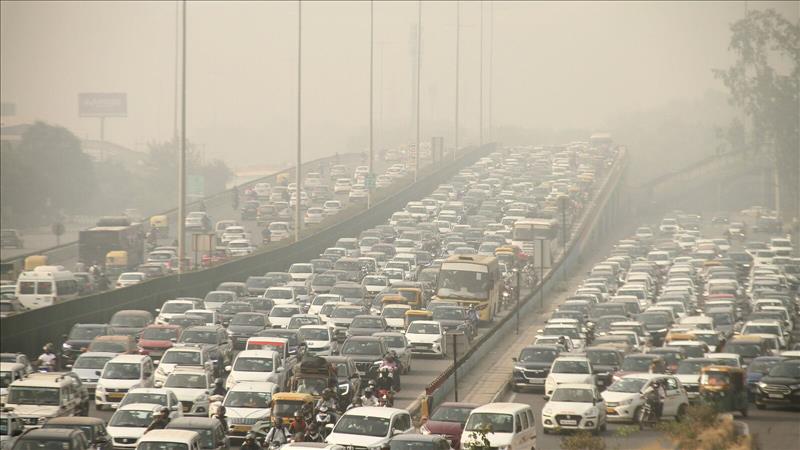
In response to the hazardous levels of air pollution in Delhi, the Commission for Air Quality Management has enforced stricter measures under Stage 4 of the Graded Response Action Plan. As a result, all schools in Delhi will transition to online learning except for Grades 10 and 12, and this decision will remain in effect until further notice. Additionally, Haryana has also implemented measures to address the poor air quality, with deputy commissioners being authorized to temporarily close physical classes up to Grade 5 in affected districts. Stay updated on the latest education news, exam updates, campus updates, and study abroad related news live on NDTV.com.
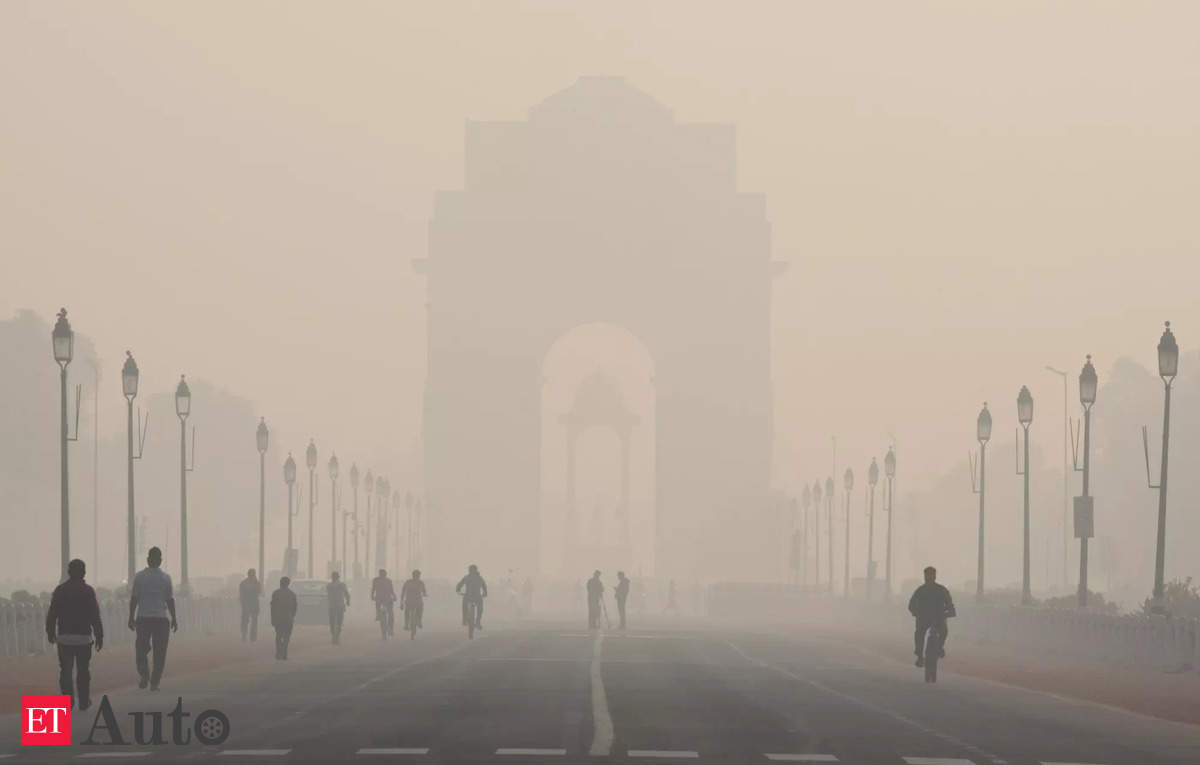
The Delhi government has taken strict measures to combat pollution and smog in the city by implementing GRAP Stage III, which includes a ban on BS-III petrol and BS-IV diesel vehicles. This comes as part of India's efforts to adopt Bharat Stage VI emission norms by 2020 and reduce air pollutants by 80%. The move aims to ensure a cleaner and healthier environment for the citizens of Delhi.
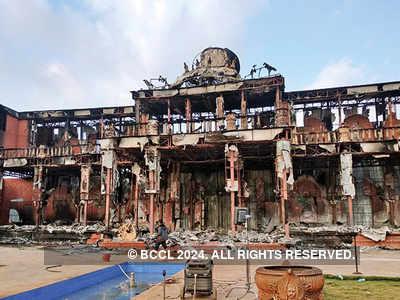
A tragic fire in the Neonatal Intensive Care Unit of Jhansi Medical College took the lives of 10 newborns and sparked a multi-level investigation by the Uttar Pradesh government. Deputy CM Brajesh Pathak announced that three separate probes will be conducted to determine the cause of the fire and any possible lapses. Hospital officials suspect a short circuit in an oxygen concentrator as the origin of the fire. While the incident was deemed "sad and unfortunate," BJP MLA Rajeev Singh Parichha highlighted that 35 infants were rescued. CM Yogi Adityanath has urged for swift rescue operations and support for affected families.

A shocking fire at Jhansi Medical College has taken the lives of 10 infants and left 16 others injured, as sources revealed the staff had ignored a previous short circuit. The state government has launched a 4-member committee to look into the incident while CM Yogi has offered financial assistance to the bereaved families. Meanwhile, politicians like PM Modi and President Droupadi Murmu have expressed their condolences and called for a thorough probe of the incident.

A couple in Adelaide, Australia was in for a shock when they returned home from work to find a koala sitting on their bed. The incident was captured on video and has since gone viral on social media. Despite the couple's initial fear, the cuddly koala turned out to be friendly and eventually was safely removed from their home. While some may find the experience unsettling, for the couple, it was a unique and special encounter with one of Australia's most beloved animals.

A couple in Adelaide, Australia experienced a rare encounter when returning home from work one evening. To their surprise, they found an adult koala sitting on the floor beside their bed. Sharing the experience on Instagram, the couple can be heard asking "What can I do?" as they try to coax the koala out of their bed with a sweater. The koala eventually hopped away through a hallway and out of the house.